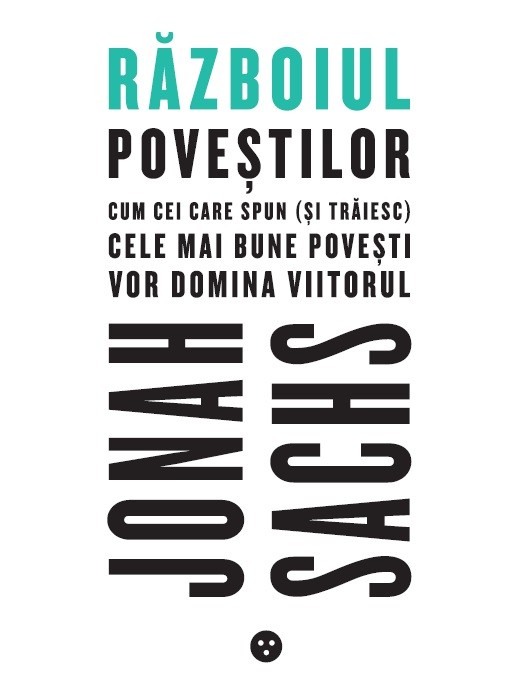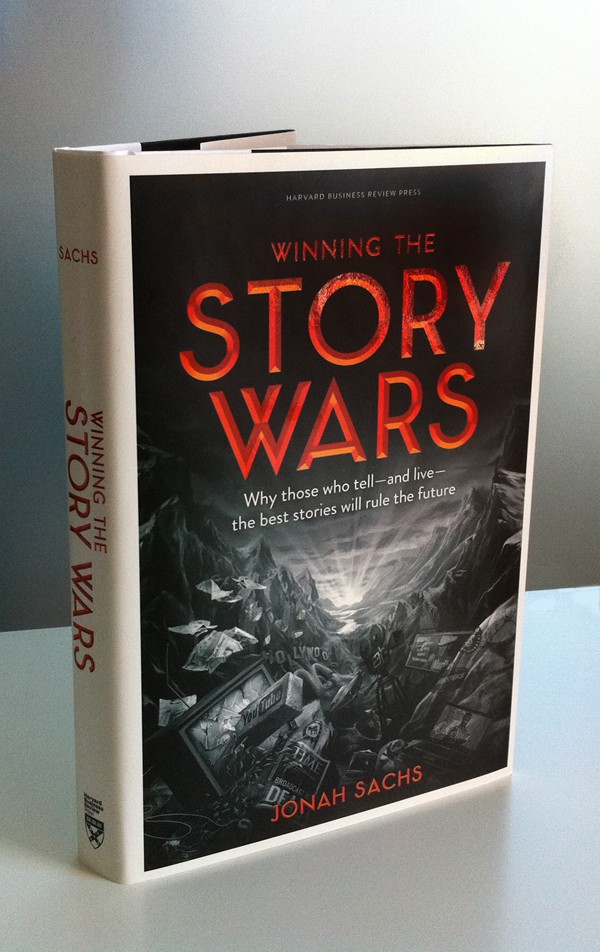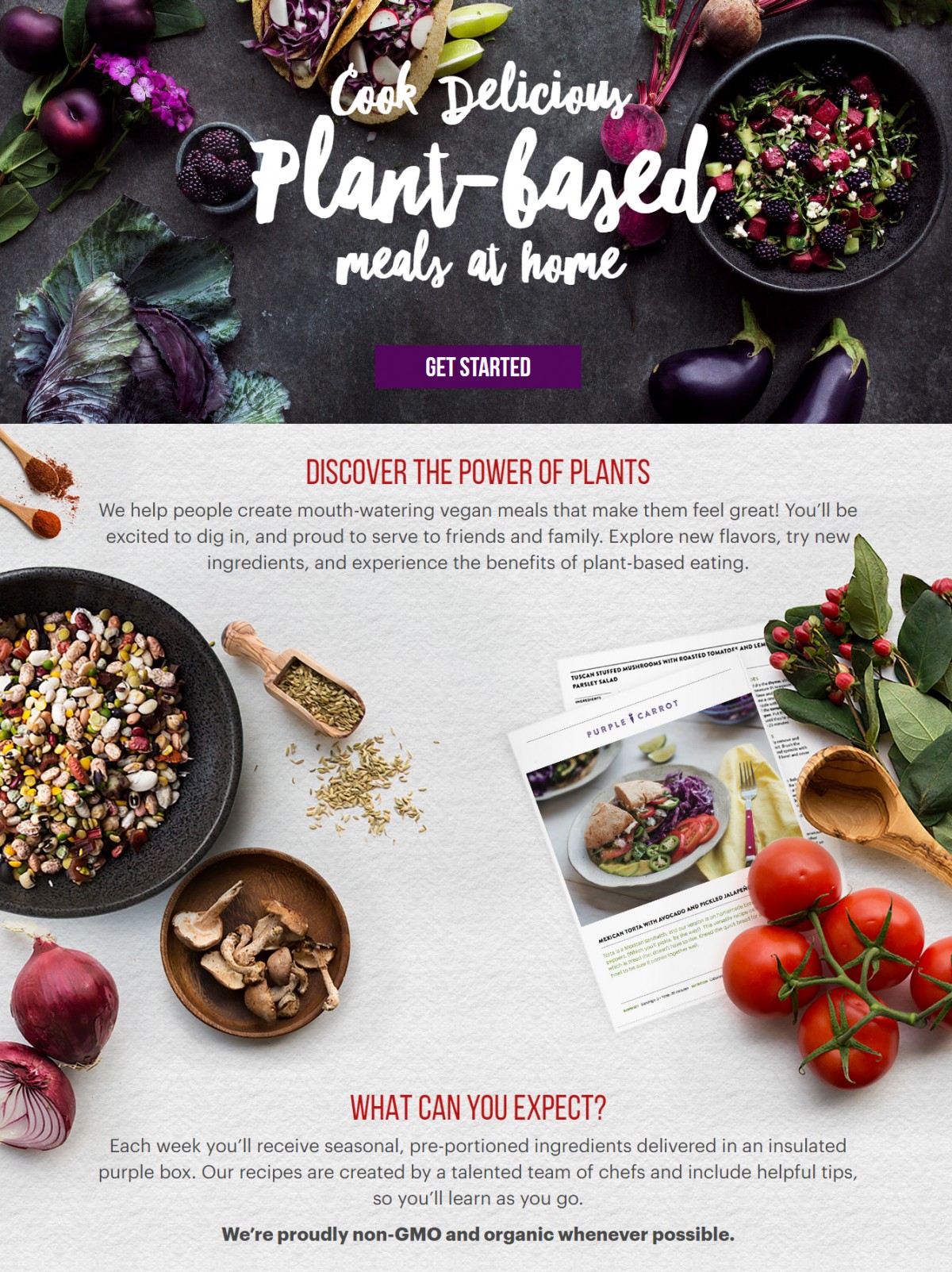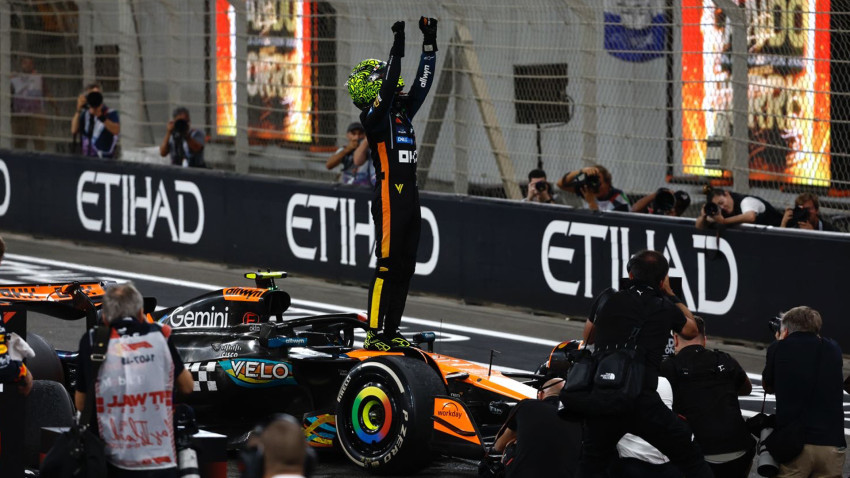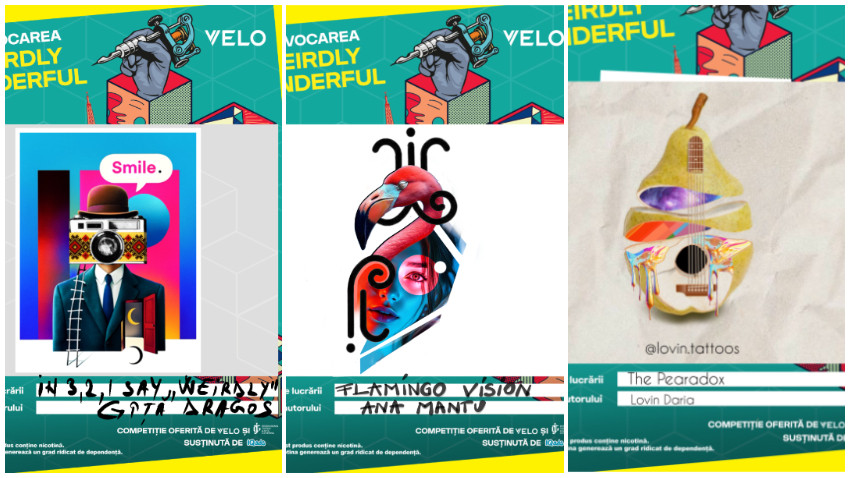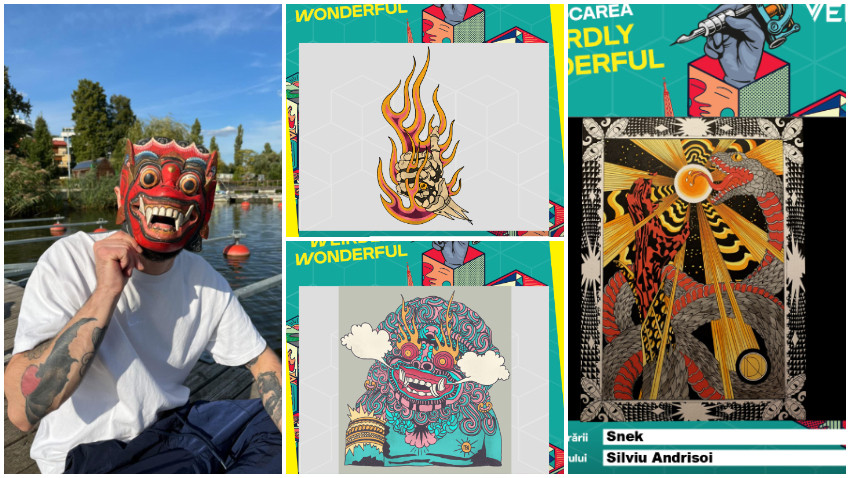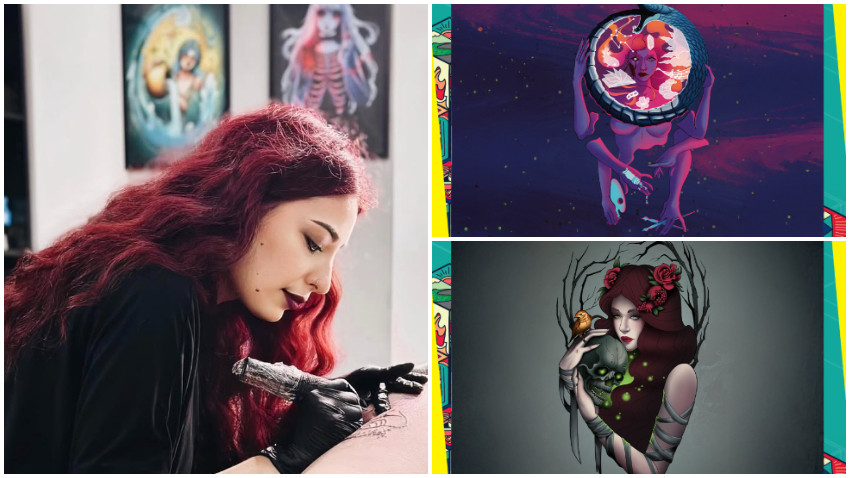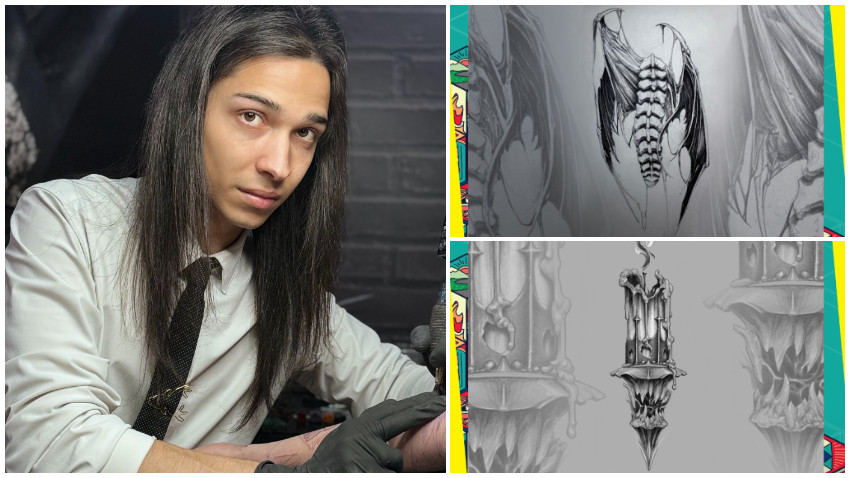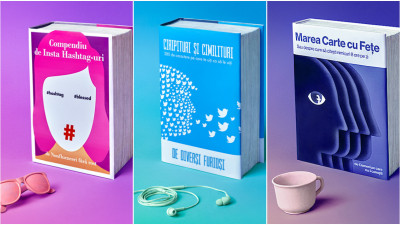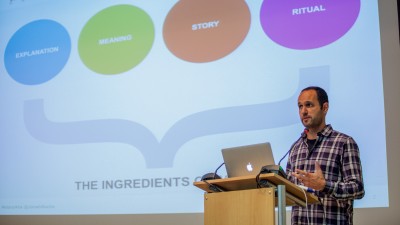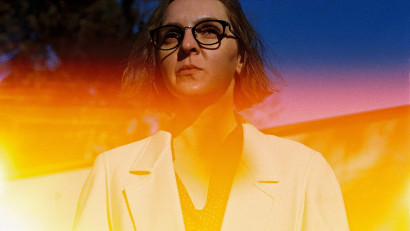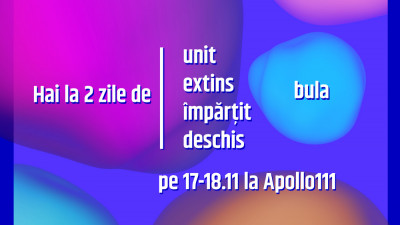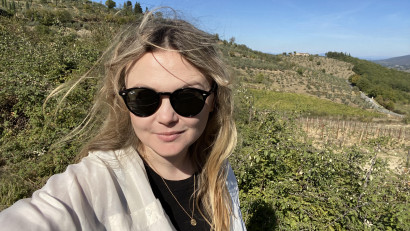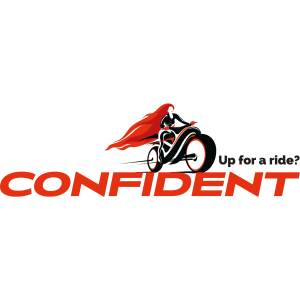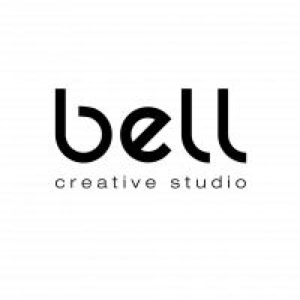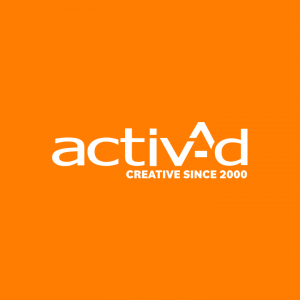October 14–15 2016 marks the sixth edition of The Power of Storytelling, a conference built around the idea that stories can change our worlds. This year’s theme is “Dare to Wander”, which 12 superstar storytellers will elabodrate on in the two-day Bucharest event.
One of them is Jonah Sachs (CEO, Free Range Studios) story expert, filmmaker and entrepreneur. He is the author of Winning the Story Wars, a book about how those who learn to tell the best stories will rule marketing and advertising in the future.
The title will also be available soon in Romanian, as “Razboiul Povestilor. Cum cei care spun (si traiesc) cele mai bune povesti vor domina viitorul”, printed by Black Button Books, a start-up publishing house we met with over here.
Versiunea in romana a interviului, aici.
Consumers and brand stories
I don't think anyone is looking for brand stories per se. Most people would tell you they'd prefer not to be marketed to at all. People are hungry, however, for stories and great content. And some of that story-based content is coming from brands who get it.
They get that people want content that expands their minds, truly entertains them and deepens their understanding of the world. Tell stories like that and people will want it and share it.
If you dress up advertising a bit and call it storytelling, you're unlikely to see much change.
Top projects
I've been at this since 1999. There are so many projects that have succeeded spectacularly and so many that have fizzled and failed. I'm always amazed at how unpredictable it is creating content the world may or may not want.
But that's what makes it fun too.
The Story of Stuff was certainly an amazing experience. We took what we thought was a lecture on a boring topic and worked incredibly hard to make it a true story; and a gift to audiences.
We hoped for a few thousand people to see it. More than 60 million have just online. It's been shown in thousands of classrooms and to millions more on TV.
I'm proud of this project not just because it got great visibility but I think it actually changed people's minds at scale about consumption.
A couple years ago, I had the chance to work with Greenpeace International to change their global brand from a focus on themselves as heroes to a focus on millions of everyday citizens as heroes.
It wasn't easy to totally change how a global organization sees itself and communicates. But it was an awesome way to test and implant my concept of empowerment marketing that I laid out in Winning the Story Wars.
This year we just created a brand for a vegan meal delivery service. It's called Purple Carrot. It's not yet legendary like Story of Stuff or Greenpeace. But I think it will be. And I hope it will. Because more sustainable eating is one of the best ways for people to revolutionize their impact on the world.
Virality
I made those movies before YouTube existed. When we launched them, we expected maybe 5-10 other videos to launch that day on the whole internet! This is a totally different world. We have enormous access to information about audiences now.
We have powerful channels to reach them. But we have so much more competition for their mindspace. "Make a viral video" is not a strategy. Viral can happen if you have something enormously important to say and you hit the sweet spot. But you have to be prepared that you'll miss most of the time.
A couple years ago, already deep into the era of noise, we made a palm oil video for the Rainforest Action Network. We wanted to get people to have an emotional connection to the problem of rainforest destruction. We created a very touching story about a girl signing with an orangutan.
It made us cry. So I wasn't at all surprised that we got many millions of views. It can be done but it can't be guaranteed.
Misconceptions about storytelling in advertising
I think marketers still approach storytelling by saying "how can we talk about ourselves in a new way that people will care about?". But people don't want to hear you talk about yourselves. People want you to talk about them, about the things that matter to them, about the larger, fascinating world.
Storytelling involves seeing beyond yourself, your product. It involves taking risks and being honest. And that's so different, in my mind, than polishing up traditional advertising techniques. I believe we can't be safe and be great storytellers. But many try.
Campaigns that convinced you to buy a product/developed your interest in a brand in the past year
Wow, this one is tough. I'm often moved to make donations to charities based on the stories they tell. I just got grabbed by a conservation.org, a climate change campaign and a local food justice company.
But when it comes to products, I'm just an unenthusiastic shopper. I wind up buying whatever is convenient and as socially conscious as it can be. Like everyone else, I'm probably influenced every day by brand stories but I'm too taken by them to notice.



